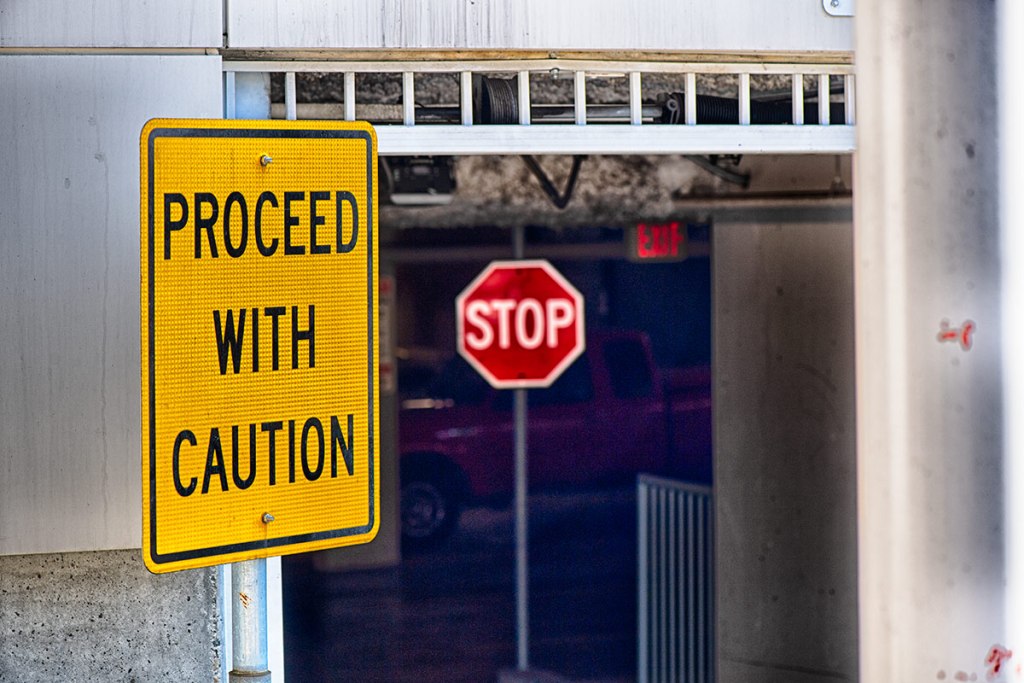
We’ve been adding transcriptions of our Yellow Jack podcast episodes as a service to people who need or want a transcription. We use a company called Trint for our transcriptions. They use artificial intelligence to create a transcription from an audio file.
It isn’t perfect.
But it is surprisingly good considering the AI has to try to understand different speakers, different quality of audio, and myriad other nuances in the recordings. So the transcripts do contains errors – they are far from word perfect. We do edit the transcriptions to fix obvious issues, but some of the errors do still sneak past us.
One of the words that comes up a lot, obviously, is COVID-19. And for whatever reason, the Trint AI just doesn’t get it. In fact, it never gets it.
I say COVID-19, You Say….
Trint always misunderstands the words COVID-19. It doesn’t seem to matter who is speaking, whether it’s studio quality audio or a a phone line, man or woman, it makes no difference.
It’s not like Trint transcribes COVID-19 as some other word. It actually transcribes it as various other words. For example, if the voice over includes COVID-19 a few times, it will replace it with a few different words.
It’s getting to be quite hilarious. Here’s what it came up with when COVID-19 was mentioned in the first 7 episodes:
cold it 19
Colvert 19
colvard
COVERED
combat. 19
cozied
coded 19
Cobbett 19
Corvin 19
Cornfed 19
called mid-nineteenth
Corbett, 19
Cauvin 19
So, if you’re tired of hearing the phrase COVID-19, please feel free to replace it with any of these, just to add some variety in these trying times.